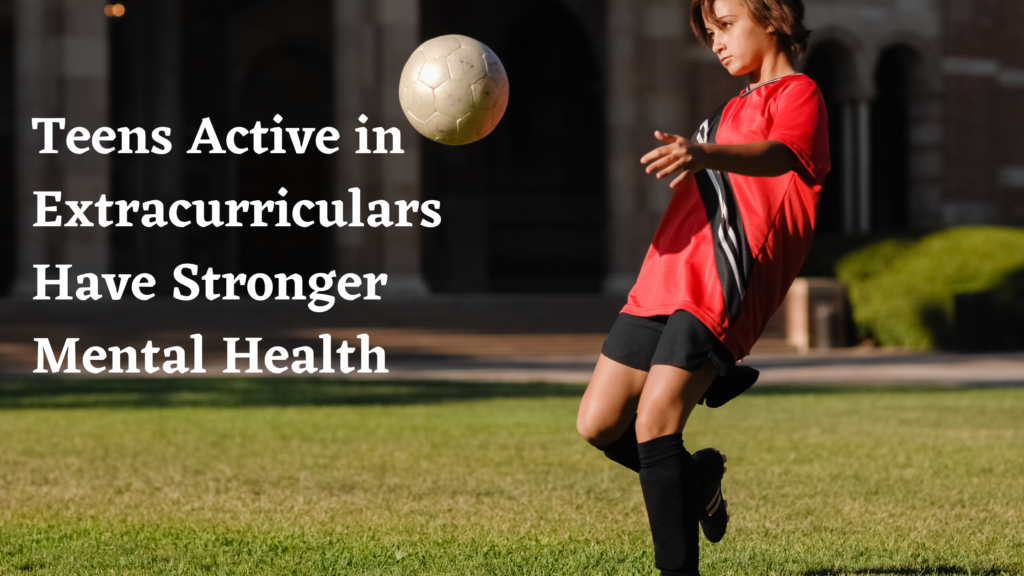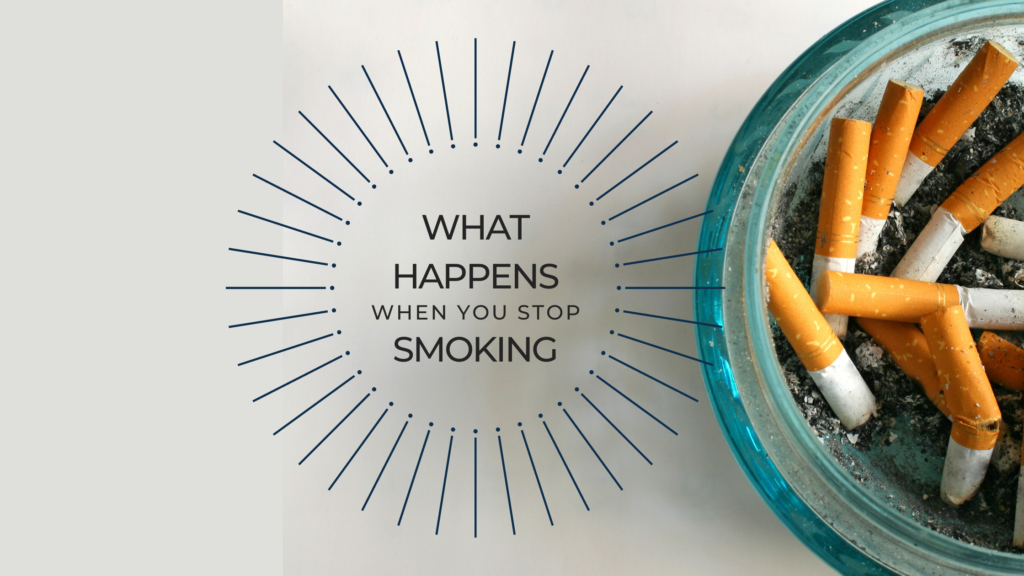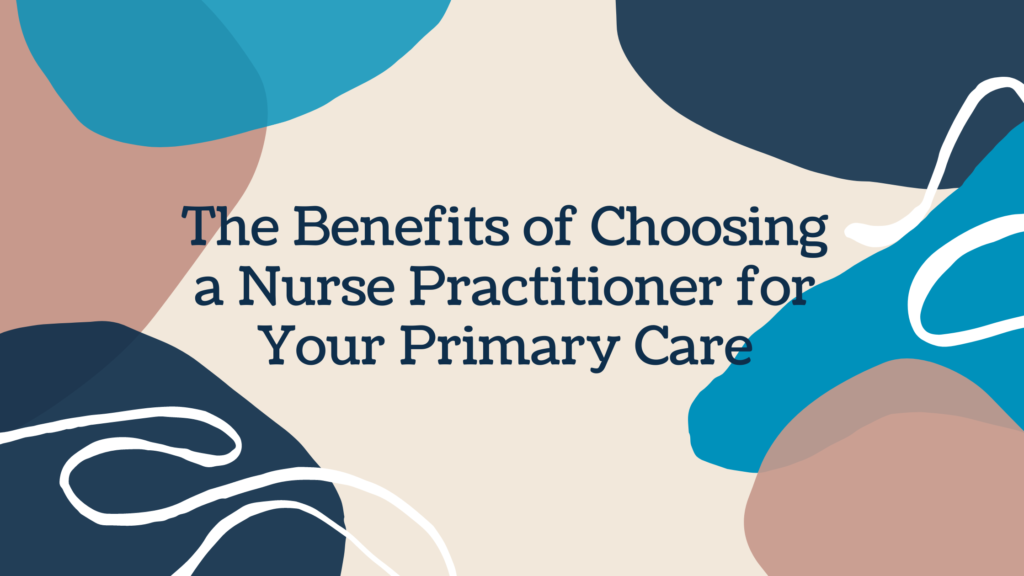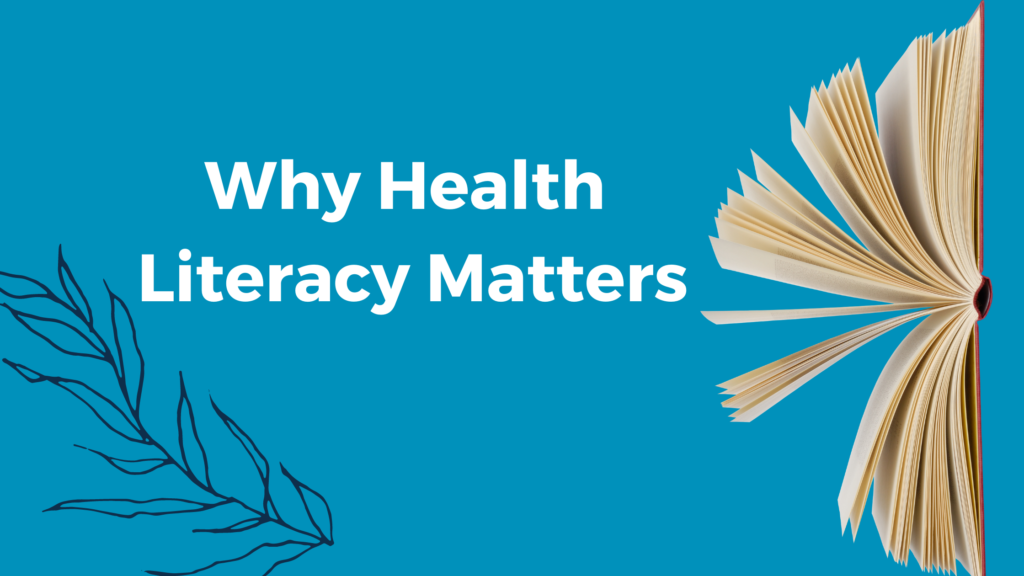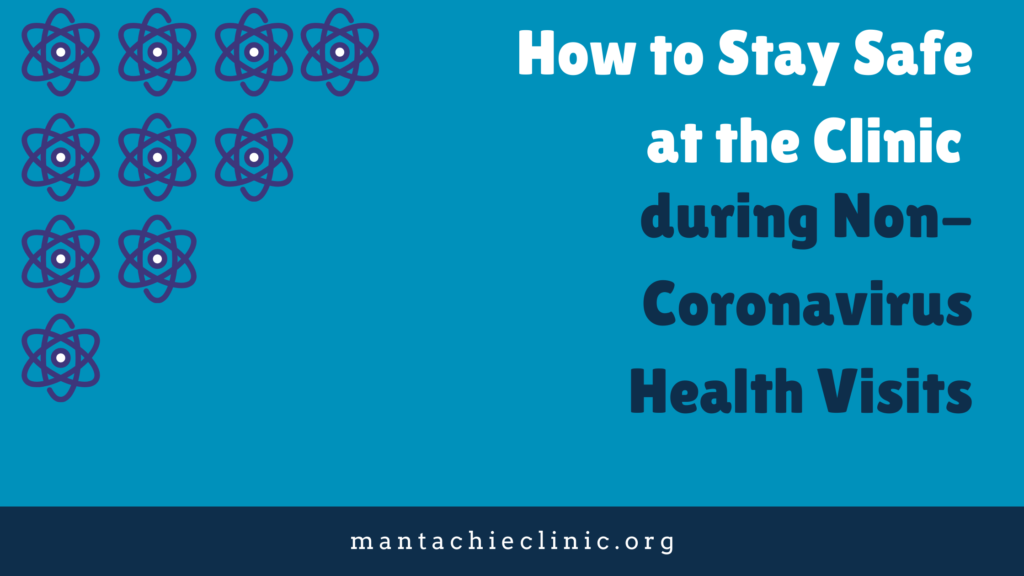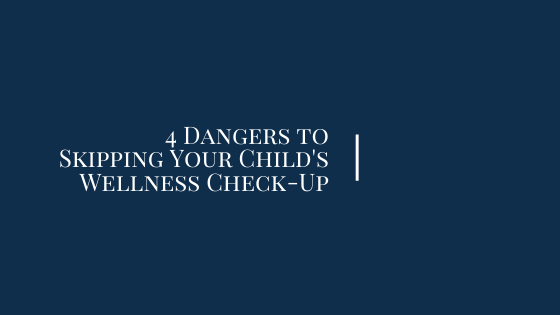Social pain isn’t a term one hears often. But in the last year, the number of people suffering from social pain is greater than ever due to the effects of the pandemic. Social distancing, unexpected deaths from covid-19, canceled events and plans, and political unrest are just a few contributors to the increased number of people experiencing social pain.
What is Social Pain?
Social pain refers to the painful emotions caused by situations involving other people. Emotions include but are not limited to feeling rejected, alone, ostracized, devalued, abandoned, disconnected, and grief. A study by the University of Sao Paulo suggests the pandemic has caused a substantial spike in social pain. Social pain is often a reaction to the loss of relationships by way of rejection, abandonment, moving away, death, etc. Social distancing and quarantining has increased the negative emotions associated with social pain due to the lack of contact with people whose relationships we value.
The Benefit of Social Pain
Like physical pain, the function of social pain is to alert us to threats to our social well-being. In turn, these emotions will deter us from doing things that undermine our relationships. Social pain often leads us to make more effort to maintain intact relationships.
How to Cope with Social Pain
Social pain is not unmanageable. In fact, most steps taken to treat these negative emotions are done at home. The first step to managing social pain is to accept that what you are feeling is real. These feelings are completely normal but do not indicate something is wrong with you. However, these emotions may mean your social connections are not where you want them to be.
Managing your thoughts is the next step. Learning to train your thoughts away from the source of your pain keeps you from wallowing in your feelings. Find an interesting distraction like a hobby, music, reading, working out, or even watching a compelling movie or television show. Practicing meditation is another way to train your mind to control your thoughts.
Social pain responds to sensorial experiences which means doing something as simple as moving your body or resting can take your mind off your pain. Looking at beautiful and colorful things, listening to music, taking a warm bath or shower, and even grabbing a hug from a loved one or pet living in your home can ease feelings of social pain.
Finding ways to connect with others is also essential. The more personal and direct the communication is, the better it works to treat social pain. Video chats and phone calls work best but email and texts are better than nothing at all. Reminiscing with old photos, letters, or messages as well as thinking about positive memories of your loved one can also take away negative feelings.
Of course, if your social pain lasts longer than two weeks or more with no relief, seek help from your healthcare provider. Mantachie Rural Health Care provides both medical and mental health care and can help you get over the hump of social pain. Click here to request an appointment now.
